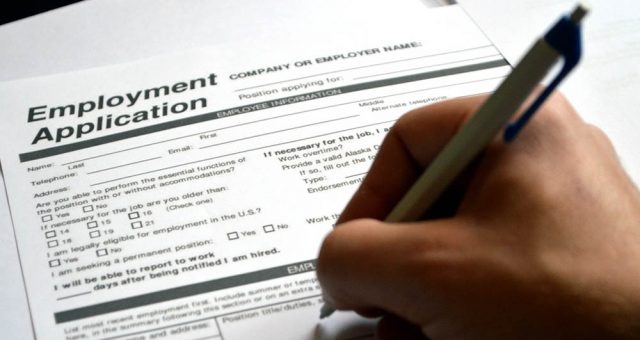
Do You Need Two Years Of Continuous Employment History To Qualify For A Mortgage?
Like many mortgage loan applicants, you have probably heard from friends, colleagues, and family that you need two years of continuous employment history to qualify for a home loan. So, if you have found yourself out of employment for an extended period, due to the COVID-19 pandemic or any other reason, you may be worried that having an employment gap will affect your chances of getting a mortgage.
Why do lenders pay close attention to your Employment History?
Your employment history is important as it shows the lender stability in your financial situation. Mortgage loans are for large amounts and lenders want to lend money only to those borrowers who are unlikely to default on their mortgage obligations. A steady, continuous income implies that you are responsible and will make the mortgage payments on time. Even if a borrower changes jobs, without any gaps, it shows lenders stability and the ability to handle responsibilities.
When was the Gap Period?
Most lenders require a work history for the past two years. They will require the company names, current and past income, and dates of employment. So, if your employment gap period occurred before the proceedings of two years, then you need not inform your lender about it.
But if you have an employment gap in the past two years, then most lenders will look into how long the unemployment period was. If it was just a month or two then it is less likely to affect your mortgage process. However, if there is a gap of six months or more then there is cause for concern.
When is an Employment Gap Acceptable?
There are some exceptions in which the employment gap is likely acceptable to the lender. These include:
- Time off to complete your degree or going back to school.
- Maternity leave (about six months).
- Company layoffs.
- Temporary disability.
- Time off to care for a relative.
- Other issues that are beyond your control like the present pandemic.
If any of the above-mentioned gaps apply to you, then it may not affect the approval of your loan as every mortgage application is reviewed individually and lenders understand logical gaps.
What are the Red Flags regarding Employment?
There are some employment gaps that are red flags to lenders. These factors will make it more difficult for you to qualify for a mortgage. Some examples are:
- Long gaps in employment,
- Frequent Job changes (more than 3 times in a year),
- Completely changing lines of work,
- Having an employment history of only 2 years or less,
- Recent large changes in income (increase or decrease).
How to Explain your Employment Gaps
The lender needs to know that you are reliable and can be depended on to pay your mortgage. The best way to increase your chance of getting approved for your mortgage is, to be honest with your lender. You can do this by providing a Letter of Explanation for each gap and, if possible, supporting it with documentation. This will put you in a better position to get approved for a mortgage.
For example:
- If you were laid off due to the Covid-19 pandemic provide an email or official company announcement that supports it.
- If you stopped working to go to school, a transcript for each semester is good documentation of proof.
- If you were on maternity leave, you must attach your work documents that have details of your time off.
- If you took the time to care for a sick or elderly family member, writing a letter to explain the circumstances may be sufficient.
- If you left a previous employer, an explanation of why you left and the reason that brought you back to work may be good.
Other Factors
Applicants with a spotty work history can also qualify for a mortgage. Other factors that lenders take into account for mortgage approval are:
- A good credit score of 740 or above.
- Low debt-to-income ratio ( 36 percent or less).
- Financial reserves.
- Proof of consistent rent payments made during your employment gaps.
- Past several years of job history to show a more complete picture.
The bottom line is that the lender is looking for work history stability. Proving that you are reliable and will have a consistent income to pay your mortgage payments is what is important to the lender. So, an employment gap is not the end of the world as long as you go about it in the correct manner.
In these uncertain times, our mortgage experts are dedicated to helping you find the mortgage loan program that is right for you.
If you have gaps in your employment history contact us at (877) 877 7575 or email us at [email protected] for the best loan solution.


